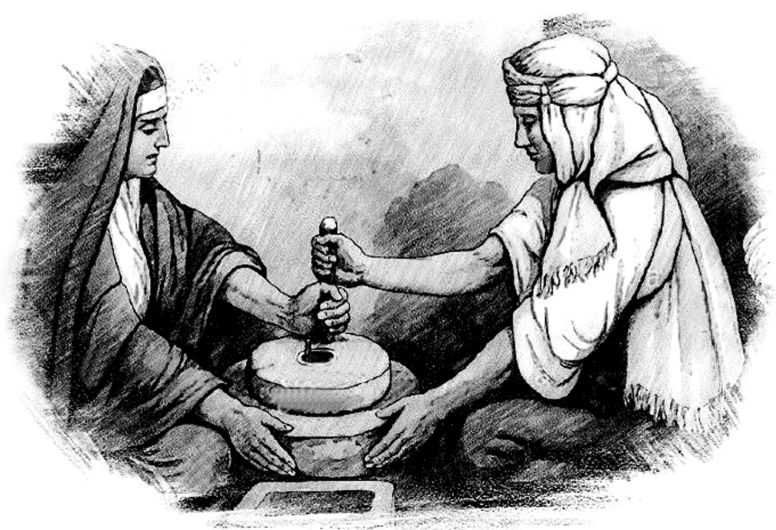
Stone milling is a traditional method of grinding grains using natural stones. This process involves crushing the grain between two large stones, which helps to preserve the integrity of the grain and produce flour with more nutrients than modern industrial methods. Here are some of the health benefits of stone milling:
- Increased nutrient content: Stone milling retains the bran and germ of the grain, which are rich in vitamins, minerals, and fiber. This means that stone-milled flour is more nutrient-dense than flour produced by modern industrial methods, which typically remove the bran and germ.
- Improved digestibility: Stone milling breaks down the starch in the grain into smaller particles, making it easier to digest. This can be beneficial for people with digestive issues, such as celiac disease or gluten intolerance.
- Lower glycemic index: Stone-milled flour has a lower glycemic index than flour produced by modern industrial methods. This means that it causes a slower rise in blood sugar levels, which can be beneficial for people with diabetes or insulin resistance.
- No additives or preservatives: Stone-milled flour is typically made without additives or preservatives, which can be beneficial for people who are sensitive to these ingredients.
- Freshness: Stone-milled flour is often ground in small batches, which helps to preserve its freshness and flavor.
Overall, stone milling is a natural and traditional method of producing flour that can provide a range of health benefits over modern industrial methods.
